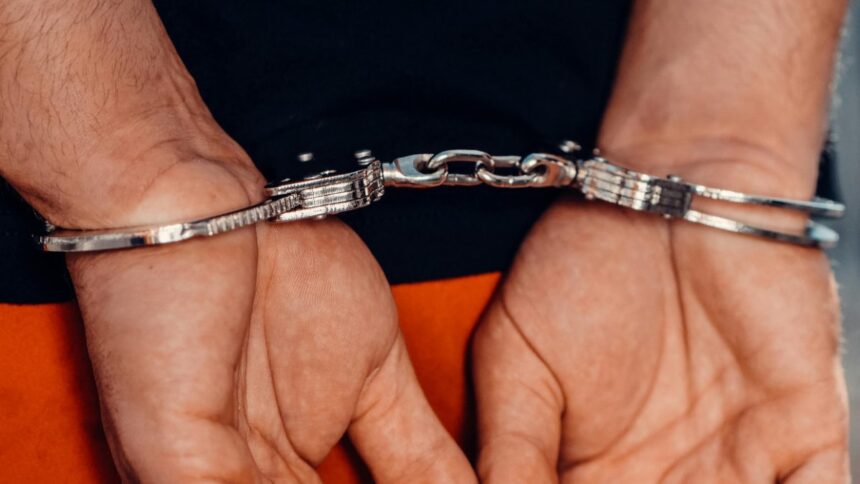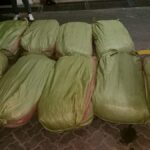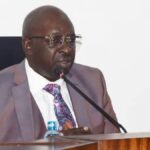A man on trial for trying to assassinate President Donald Trump last year at his Florida golf course declined to testify Monday as part of a defence in which he is representing himself and wrapped up his case by questioning a firearms expert and two character witnesses.
Ryan Routh rested his case before lunch after questioning the witnesses for three hours in the morning. U.S. District Judge Aileen Cannon asked if Routh wanted to testify himself, and he said, “I will not testify.
Closing arguments are slated for Tuesday morning, and jurors will begin deliberating immediately after that.
Prosecutors have said Routh spent weeks plotting to kill Trump before aiming a rifle through shrubbery as Trump played golf on Sept. 15, 2024, at his Mar-a-Lago Club in West Palm Beach. A Secret Service agent testified last week that he spotted Routh before Trump came into view. Routh aimed his rifle at the agent, who opened fire, causing Routh to drop his weapon and flee without firing a shot, the agent said.
Clear view of the golf course
Under questioning from Routh on Monday, firearms expert and former U.S. Marine sniper Michael McClay testified that Routh would have had a clear view of the golf course from where he was hiding in the bushes.
Prosecutors previously showed a computer model that placed Routh’s hiding place about 126 feet (38 meters) from the green.
McClay testified that he had tested Routh’s firearm for the trial, and he was permitted to fire two shots as part of the test. However, McClay said that the second round jammed during the test, suggesting that Routh would have been unable to get off multiple shots.
During cross-examination, prosecutors asked whether acid used by FBI analysts shortly after the alleged attack to recover obliterated serial numbers could affect the gun’s performance, and McClay acknowledged that any metal could be damaged by acid.
McClay also testified that a scope found at the scene had not been properly mounted on the SKS rifle recovered from the scene. Routh asked whether McClay would mount a scope to a rifle with clamps, glue and tape, and McClay said he wouldn’t.
“If a scope moves while on a rifle, it would be ineffective,” McClay said.
The two character witnesses, a former employee and a friend of Routh’s son, testified that Routh was a peaceful man, but they conceded under cross-examination that they hadn’t seen Routh in years.
Routh has pleaded not guilty to charges of attempting to assassinate a major presidential candidate, assaulting a federal officer and several firearm violations.



